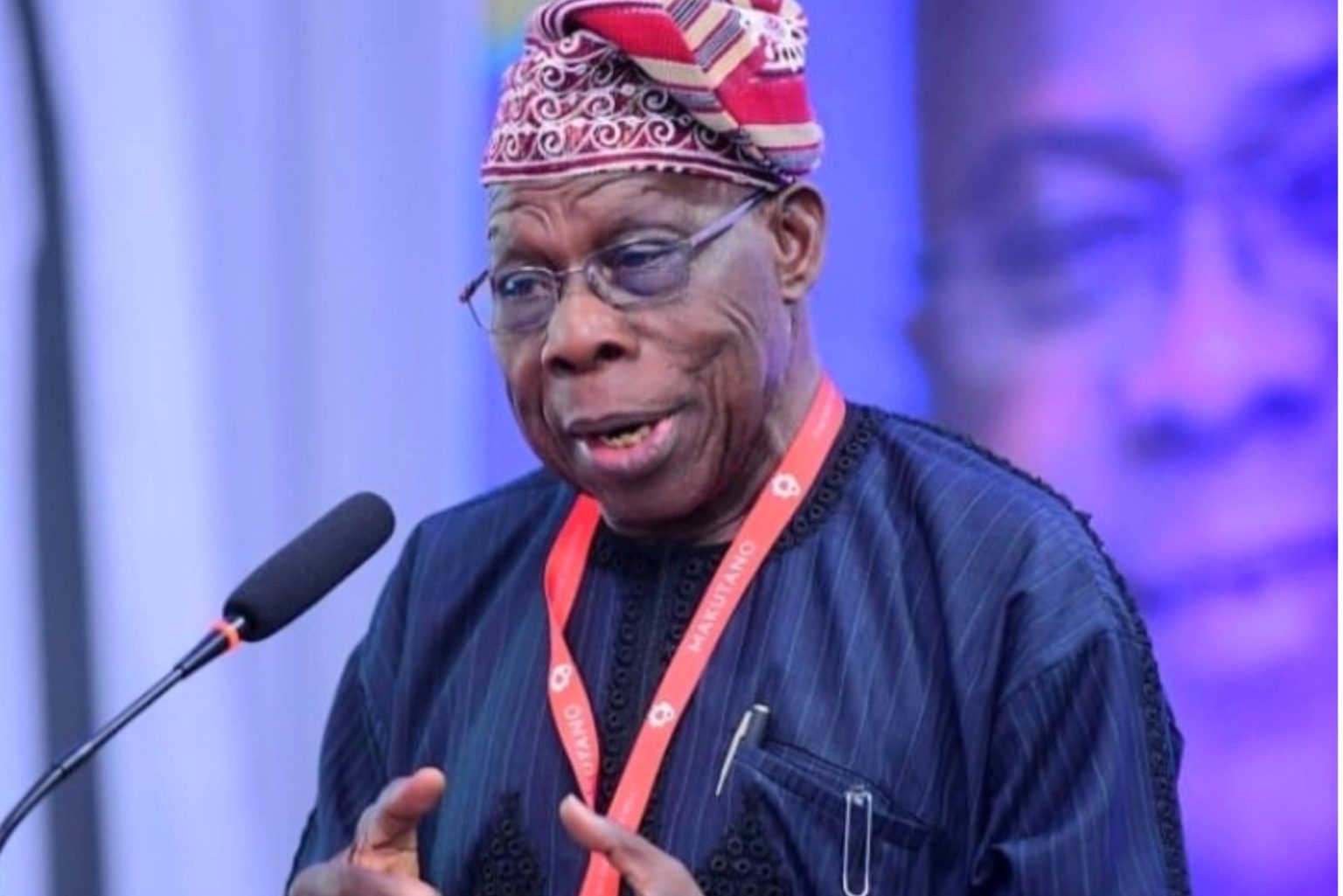Former President Olusegun Obasanjo’s presence at the inauguration of the Umuahia-Uzuakoli-Akara-Alayi-Abiriba road served not merely as a ceremonial function, but as a powerful endorsement of Governor Alex Otti’s administration in Abia State. The 46.3-kilometer road, long a source of hardship and frustration for residents and travelers, stood as a stark reminder of past neglect. Its reconstruction, completed under Otti’s leadership, symbolized a tangible shift towards progress and development, a sentiment echoed by Obasanjo’s effusive praise. He lauded Otti as a “performer,” a “goal getter,” and a “miracle worker,” emphasizing the governor’s commitment to fulfilling his promises and delivering positive change for the people of Abia. This revitalized artery, connecting several key communities, was more than just asphalt and concrete; it represented a renewed hope for improved connectivity, economic growth, and enhanced security.
Obasanjo’s commendation extended beyond mere acknowledgement of the road project. He highlighted Otti’s decisive leadership, contrasting it with the disappointments of previous administrations. The former president stressed the importance of recognizing and supporting effective leaders, urging the people of Abia to “make good use” of Otti’s capable governance. This endorsement carried significant weight, given Obasanjo’s stature as a respected elder statesman and former leader of the country. His words resonated with a call for continuity and stability, suggesting that Otti’s leadership represented a turning point for Abia, a shift away from the failures of the past towards a future brimming with potential. He implicitly advised against disrupting this positive trajectory by opting for change in future elections, suggesting the wisdom of “not changing a winning horse.”
The challenging journey Obasanjo had previously endured on the dilapidated road served as a powerful anecdote, underscoring the magnitude of the transformation. His recollection of the “hellish” conditions contrasted sharply with the promise of a smooth, 45-minute journey on the newly reconstructed road. This personal experience lent credence to his praise for Otti’s effectiveness and his characterization of the governor as a “miracle worker.” It emphasized the real-world impact of the infrastructure project, moving beyond abstract notions of development to highlight the tangible benefits for ordinary citizens. The drastic reduction in travel time not only promised greater convenience but also hinted at increased economic activity and improved access to essential services.
Otti, in his address, emphasized the symbolic significance of the road’s completion. He framed it as a testament to his administration’s commitment to doing things differently, contrasting his approach with the “shoddy jobs” and “kickback culture” that had plagued previous administrations. This commitment to quality and transparency served as a cornerstone of his governance philosophy, suggesting a break from past practices that had hindered development. He highlighted the multifaceted benefits of the project, emphasizing its positive impact on travel time, safety, security, and economic opportunities for communities along the route. By addressing these critical needs, Otti effectively connected the road project to tangible improvements in the lives of the people he served.
The completion of the Umuahia-Uzuakoli-Akara-Alayi-Abiriba road held profound implications for the communities it served. It promised to unlock economic potential by facilitating trade and commerce, connecting local markets to larger urban centers. The improved infrastructure also held the potential to attract investment and stimulate economic growth in the region. Beyond the economic benefits, the road’s reconstruction promised to enhance access to healthcare, education, and other essential services, improving the overall quality of life for residents. By reducing travel time and improving road safety, it also offered greater peace of mind and a sense of connection to the wider world.
The inauguration ceremony, attended by dignitaries, community leaders, and residents, was more than just a celebration of a completed infrastructure project. It symbolized a collective hope for a brighter future for Abia State. Obasanjo’s presence amplified the message of positive change and good governance, lending his considerable influence to bolster Otti’s leadership. The newly constructed road stood as a concrete manifestation of progress, a testament to the power of effective leadership and a symbol of the transformative potential that lies within well-executed infrastructure projects. It served as a tangible reminder that change is possible, and that with the right leadership, even long-standing challenges can be overcome.


